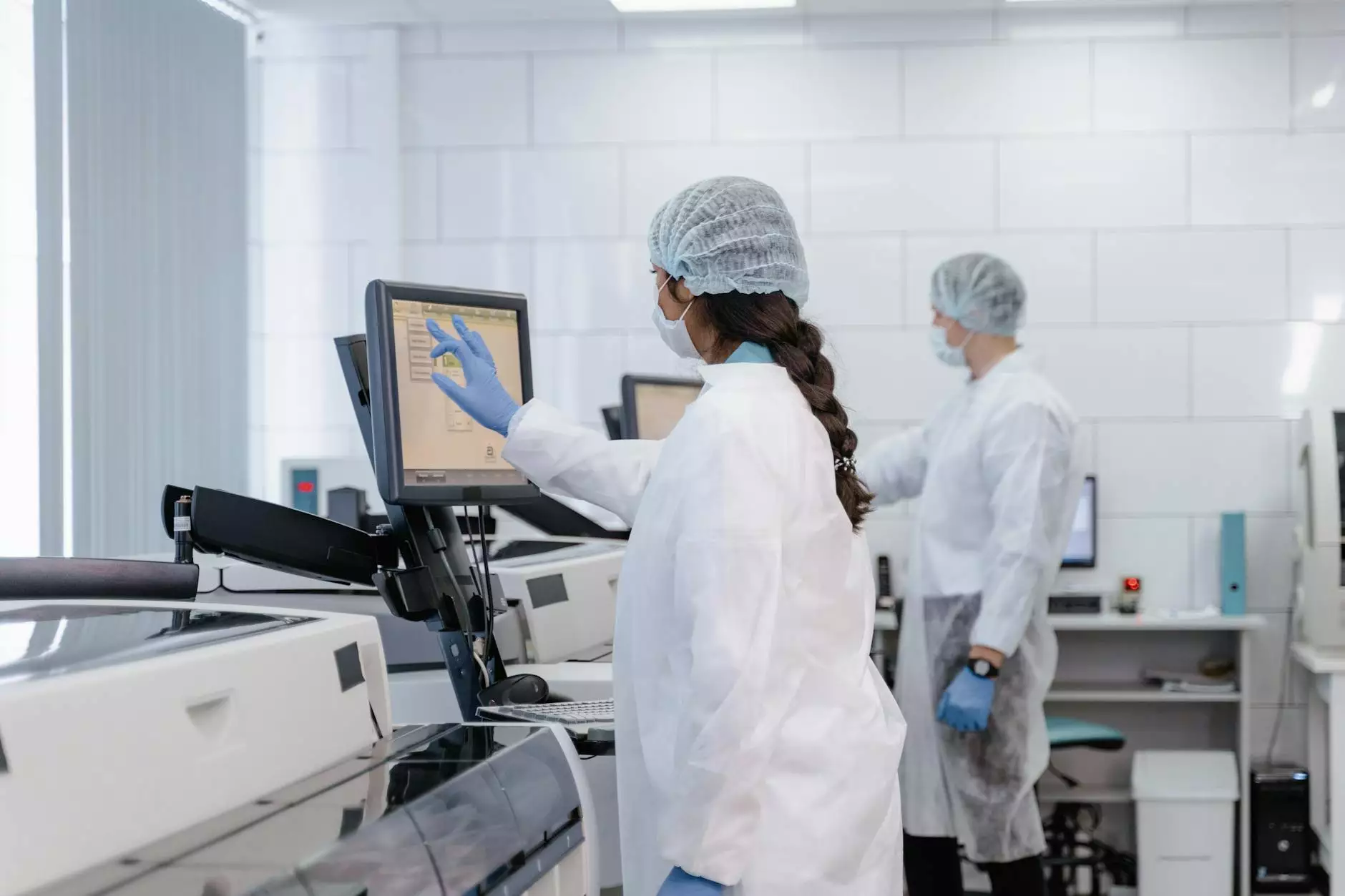The Power of Biotech Incubators: Fueling Innovation in Health and Medicine

The landscape of healthcare and medicine is constantly evolving, driven by technological advances and innovative ideas. At the forefront of this transformation are biotech incubators, vital hubs that nurture startups and innovators to develop groundbreaking solutions in health, medicine, and alternative therapies. This article delves deep into the role of these incubators, their benefits, and the future of biotechnology in enhancing health outcomes.
What are Biotech Incubators?
Biotech incubators are organizations or facilities designed to support the growth and development of biotechnology startups during their early stages. They provide essential resources, including funding, mentorship, laboratory space, and access to a network of industry professionals, thus fostering an environment conducive to innovation.
The Role of Biotech Incubators
The primary role of biotech incubators is to accelerate the transformation of innovative ideas into viable business solutions. They do this by providing:
- Mentorship: Access to seasoned entrepreneurs, scientists, and business professionals who offer guidance.
- Financial Support: Assistance in securing initial funding through grants, investments, and partnerships.
- Laboratory Space: Affordable or subsidized access to necessary facilities for R&D activities.
- Networking Opportunities: Connections to potential investors, collaborators, and specialists in the field.
- Business Services: Support in marketing, regulatory guidance, and operational management.
The Importance of Biotech Incubators in Health & Medical Innovations
In today’s fast-paced world, the health and medical sectors require rapid innovation to address emerging challenges. Biotech incubators play a crucial role in this regard by:
1. Facilitating Cutting-Edge Research
Many incubators are affiliated with research institutions, providing their startups with access to the latest scientific advances. This symbiotic relationship accelerates the research process, allowing biotech companies to leverage existing knowledge and solidify their R&D efforts.
2. Promoting Collaboration
The collaborative environment fostered by biotech incubators encourages startups to share ideas, resources, and expertise. Joint projects can lead to more robust and innovative solutions, enhancing overall productivity within the biotech research community.
3. Bridging the Funding Gap
One of the most significant challenges faced by biotech startups is securing funding. Incubators often have established relationships with venture capitalists and angel investors, which can help startups navigate the arduous process of fundraising.
Success Stories from Biotech Incubators
The effectiveness of biotech incubators can be illustrated through various success stories. Let’s shine a light on a few notable examples:
Example 1: GRAIL
Founded with the mission to detect cancer early, GRAIL emerged from one of the most successful incubators in Silicon Valley. With critical funding and mentorship, the company has made significant strides in blood-testing technologies, significantly improving cancer detection rates.
Example 2: Moderna
Moderna, known for its COVID-19 vaccine, began its journey in a biotech incubator where it garnered the vital support and resources needed to develop mRNA technology. This incubator facilitated collaborations that ultimately led to breakthroughs in vaccines and therapeutics.
The Future of Biotech Incubators
As the biotech field advances, the role of biotech incubators will only grow in significance. Emerging trends indicate that these incubators will increasingly focus on:
- Sustainability: Promoting environmentally friendly and sustainable practices within biotechnology.
- Diversity and Inclusion: Encouraging a diverse range of entrepreneurs to participate and innovate in the biotech space.
- Global Collaboration: Bridging geographical barriers to access resources and knowledge worldwide.
Challenges Facing Biotech Incubators
Despite their many benefits, biotech incubators face several challenges:
1. Rapid Technological Changes
The fast-paced nature of biotechnology necessitates constant adaptation for incubators to remain relevant and effective.
2. Regulatory Hurdles
Startups often encounter complex regulatory environments, which can hinder progress. Incubators must navigate these challenges effectively.
3. Market Competition
As more incubators emerge globally, competition for funding, talent, and partnerships increases, requiring existing incubators to continuously innovate their offerings.
Conclusion
In conclusion, biotech incubators are fundamental to advancing the health and medical fields by nurturing innovation and providing essential resources to budding biotech companies. Their impact is profound, not only in fostering startups but also in transforming healthcare and alternative medicine solutions for the better. As they evolve, the importance of these incubators in shaping a healthier future cannot be overstated, making them indispensable to the biotechnology ecosystem.
For more insights into the world of biotechnology and how biotech incubators are reshaping the medical landscape, visit bioinc.org.









